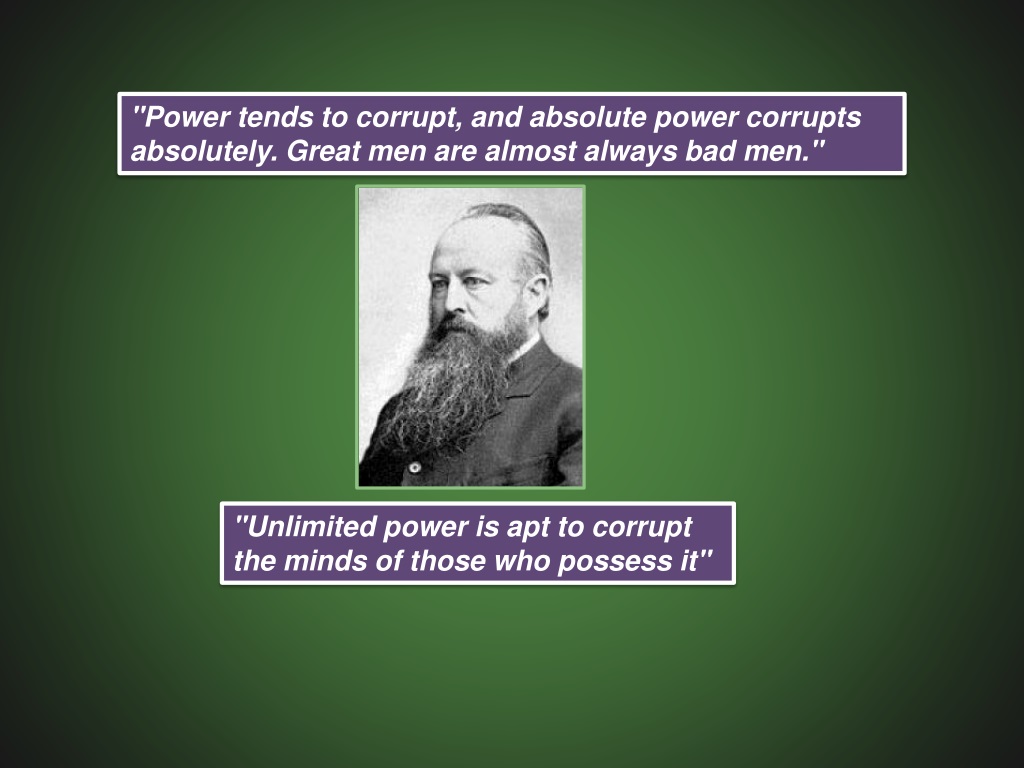


They called this a “social contract.” It was based on a belief that the purpose of government is to guard against murder, coercion, and robbery. They wrote that governments come into being because people are willing to give up some of their natural freedom in exchange for the protection that comes from being citizens of a nation powerful enough to defend their rights. Philosophers had begun to ask what makes a government good and just. The competing belief-that rulers could run a country because they had been born to a family of kings, or because the head of a church approved them-was fading. The idea that kings could be held accountable for abusing the rights of people had firmly taken root. Among other measures, legislators also wrote a coronation oath for future kings and queens, to make them swear to govern British citizens according to the laws of Parliament. Written 100 years before our own, the English Bill of Rights focused on limiting the powers of the monarch. This idea persisted in England until war and revolution in the late 1600s led to a Bill of Rights. This painting depicts the Boston Tea Party where Patriot leaders disguised as Native Americans dumped tea into Boston Harbor.

The American colonists cried “No taxation without representation” when the British began taxing colonists for items like tea. If people believed rulers were appointed by God, they would be less likely to revolt, and more likely to obey. It’s not surprising that people of royal descent latched on to this idea. In Europe, some philosophers and kings asserted the idea of “divine right,” claiming that just as God had given priests and preachers authority over churches, he gave kings and other royalty-as well as their descendants-control over nations.

They needed their citizens to feel a loyalty to the nation, and they also needed people to accept their rule as legitimate. As nations emerged, their rulers needed more than an ability to punish people to hold their countries together.


 0 kommentar(er)
0 kommentar(er)
